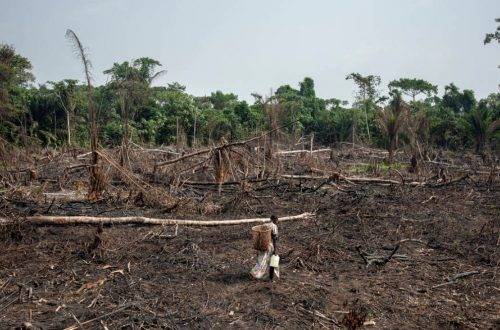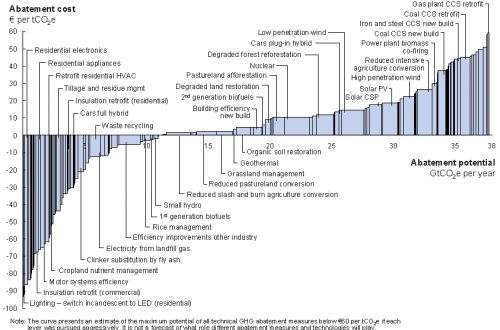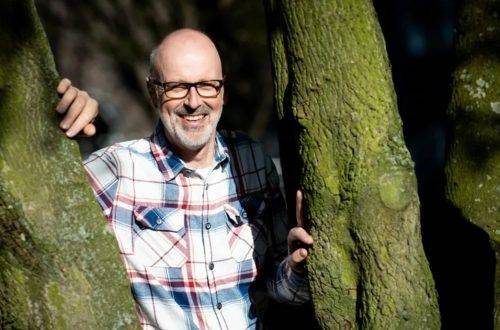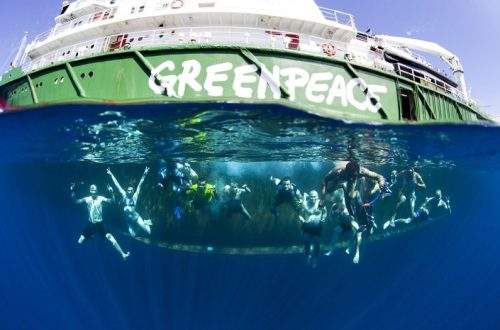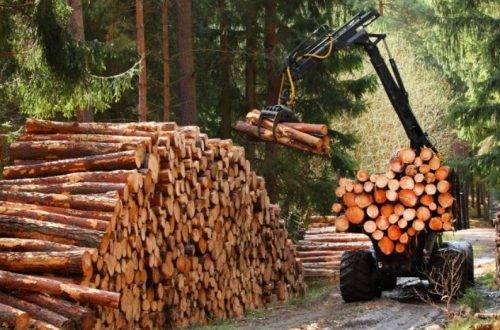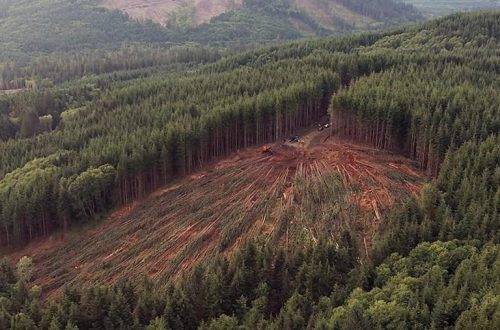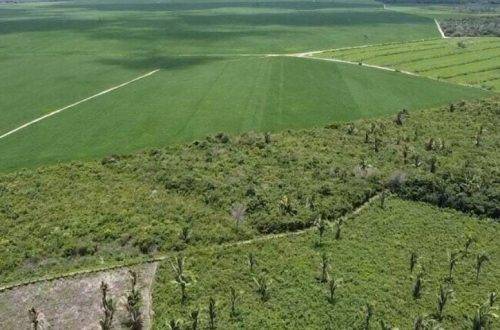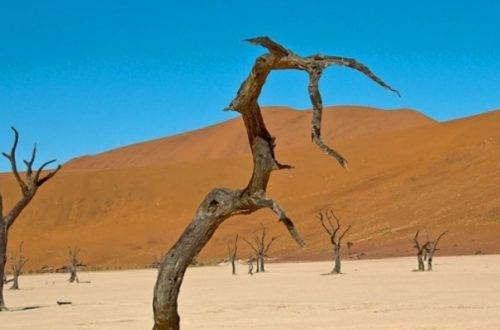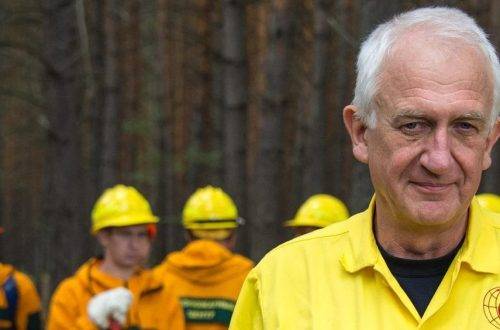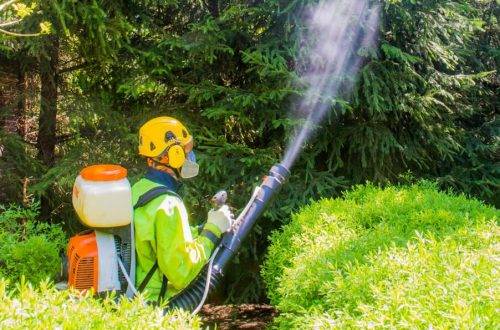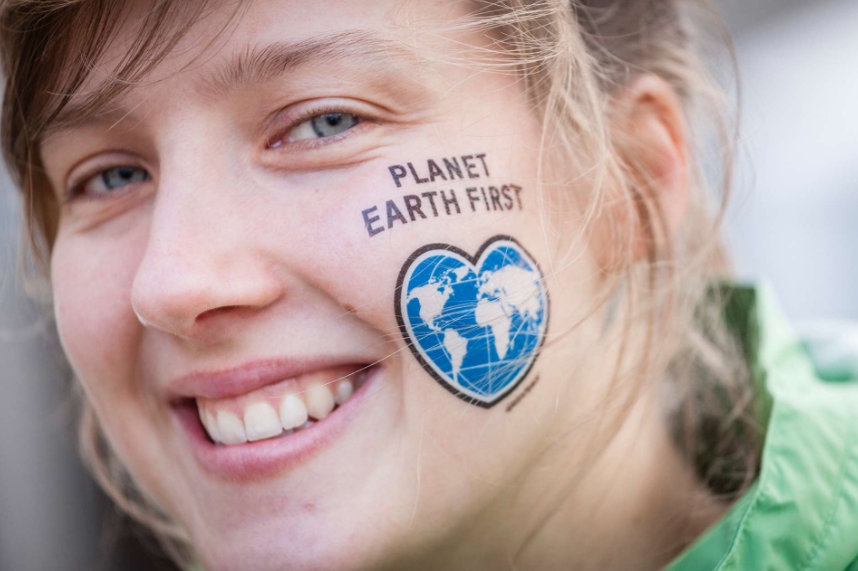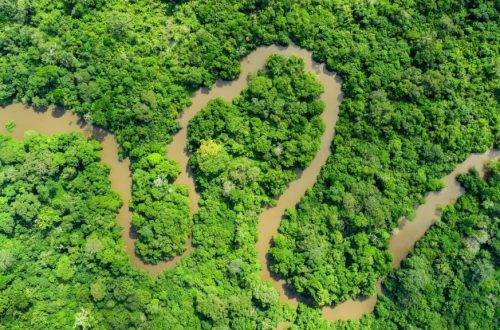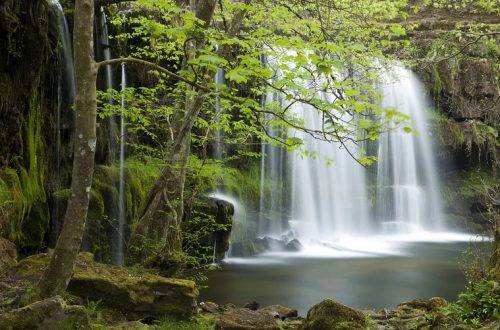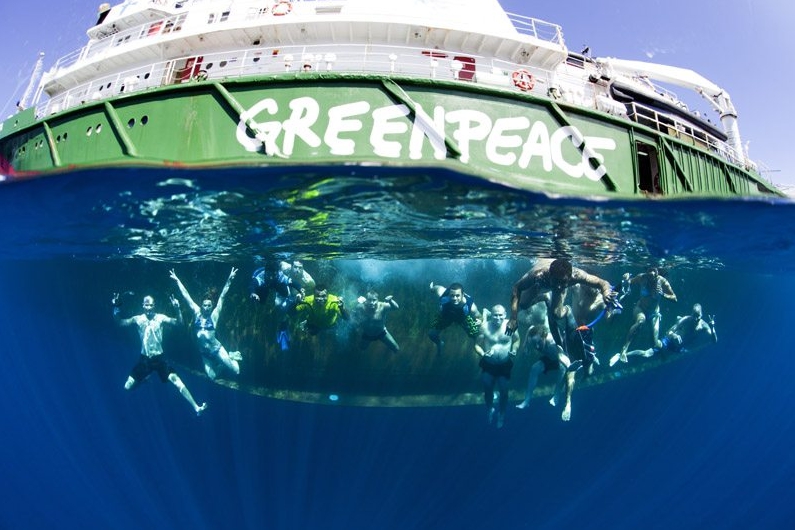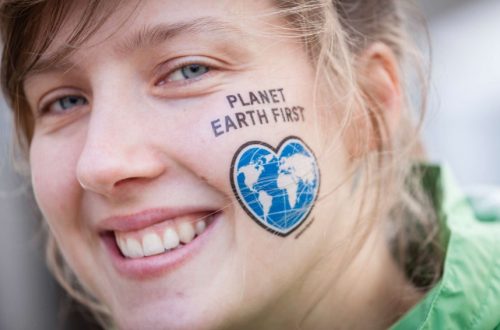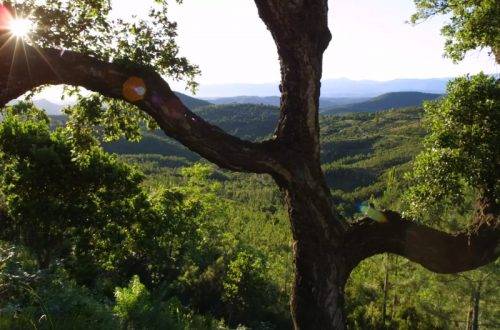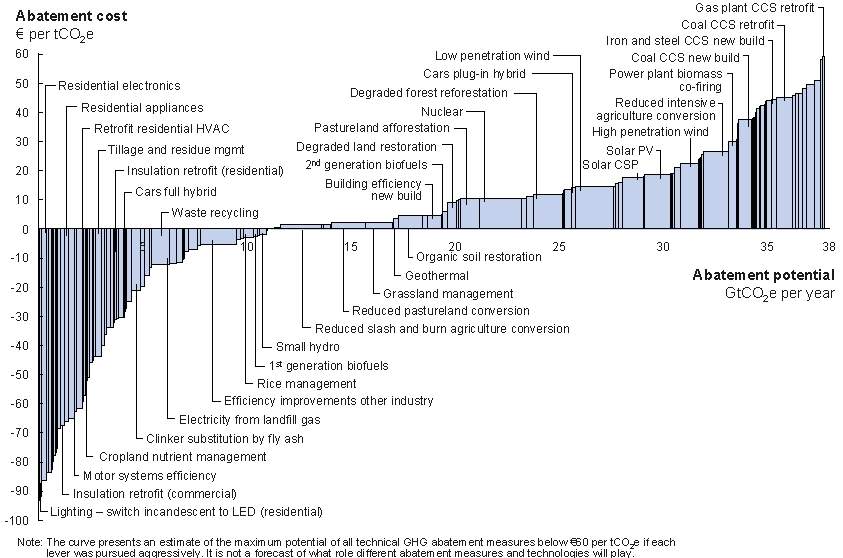News
-
Fraser Institute Mixed Rating For PNG
The biannual survey of mining executives by Canada’s respected Fraser Institute rates Papua New Guinea as the fourth-worst place to invest in resource projects because of land-tenure disputes. PNG ranks behind only Venezuela, Zimbabwe and Canada’s Northwest Territories in the survey based on this criterion. PNG also ranks as the fourth-worst place to invest based on security issues, behind Colombia, the Philippines and the Democratic Republic of Congo. However PNG rated well for environment regulations not adversely generating investment uncertainty. This may change, however, given the current legal cases surrounding Ramu Nico’s operations (see above). Interestingly enough, the least friendly place for investment based on environmental regulations is California, with…
-
WRI Backtracks On Forest Emissions
Emissions from deforestation and land-use change are now at 12.2 per cent, according to the World Resources Institute (WRI) which had previously made estimates that were more than 17 per cent. The original 17 per cent figure – which was widely disseminated by the Stern Review and consequently revised upwards to 20 per cent by Greenpeace – was based on work by Richard Houghton of the Woods Hole Research Centre. Houghton’s estimates of carbon flux were themselves based on deforestation rates from the FAO until 2000. With the figures under increasing scrutiny from scholars, particularly Guido Van der Werf from the University of Amsterdam, Houghton issued revised figures based on…
-
Unauthorised PNG Carbon Credit Project Widely Criticized
PNG’s climate change tsar and large group of landowners have strenuously objected to proposed forest carbon conservation projects in Papua New Guinea. The proposed projects are in Kamula Doso in Western Province and April Salumei in East Sepik. The Kamula Doso project is being backed by Australian businessman Kirk Roberts. Mr Roberts came under media scrutiny in 2009 following the issuance of allegedly fake ‘forest-carbon certificates’ from PNG’s climate change office. The new projects were to be certified by the Community Carbon Biodiversity Alliance (CCBA), an arm of US-based NGO Conservation International. CCBA’s website called for stakeholder comments on the proposed projects. Landowners have responded angrily to the project, alleging…
-
Selling Illegal Timber Policy
A new report from UK-based think-tank Chatham House received significant international media attention when it was released earlier this month. The report, “Illegal Logging and Related Trade: Indicators of the Global Response” is different from most environmental policy reports in that it has a positive message: trade in illegal timber has fallen. Moreover, it hasn’t fallen by insignificant amounts. In some of the world’s largest timber-producing countries – specifically Indonesia and Brazil – it has fallen by as much as 75 per cent. The results are noteworthy for a number of reasons. First, the European Parliament recently passed a measure on the sale of illegal forest products within the EU. A…
-
Greenpeace: Not Charitable
The New Zealand Charities Commission has ruled that Greenpeace no longer has charitable status in that country. The decision follows two previous cases in Canada where Greenpeace has also lost its charitable status. The Commission determined that Greenpeace’s activities had objectives that were overtly political, which could not afford it a tax-exempt status. The Commission also found that Greenpeace’s sanctioning of ‘non-violent protest’ also effectively sanctioned illegal activity – which could not be deemed charitable either. Already the decision has prompted more caution from the group worldwide. In May of this year maritime charges against Australian Greenpeace activists were dropped. Greenpeace Australia’s CEO Linda Selvey told the media she was…
-
Another South Pacific Cruise for Greenpeace?
There are rumours that Esperenza, one of Greenpeace’s blue water vessels is due for another tour in the South Pacific. The last one went badly, resulting in Greenpeace practicing piracy and perpetrating more falsehoods. During their last tour Greenpeace seized a vessel in the Gulf of Papua, declared it contained illegal timber and that the vessel belonged to Rimbunan Hijau. Despite reporting by timber export monitor and verifier – SGS – that showed the claims were wrong on both scores, Greenpeace continued to publicize these falsehoods. Last month, Greenpeace Australia Pacific heralded its South Pacific campaign as contributing to the passage of legislation by the EU that requires all purchases…
-
McKinsey’s Climate Model in PNG
It is reported that Australian aid money is supporting adaptation of the “Low Cost Carbon Curve” model developed in the US by McKinsey and Co for Papua New Guinea. The same model has been adapted in Indonesia and Guyana as well as other developing countries. It was even adapted in Australia where research by consultants, ITS Global, for Australian industry revealed that there were fundamental problems with the assumptions in the core model. Economic consultants, Charles River and Associates found the McKinsey model systematically understated the costs of switching to low carbon emission industries and overstated the benefits of new and replacement technologies. The modeling undertaken in Australia with assistance…
